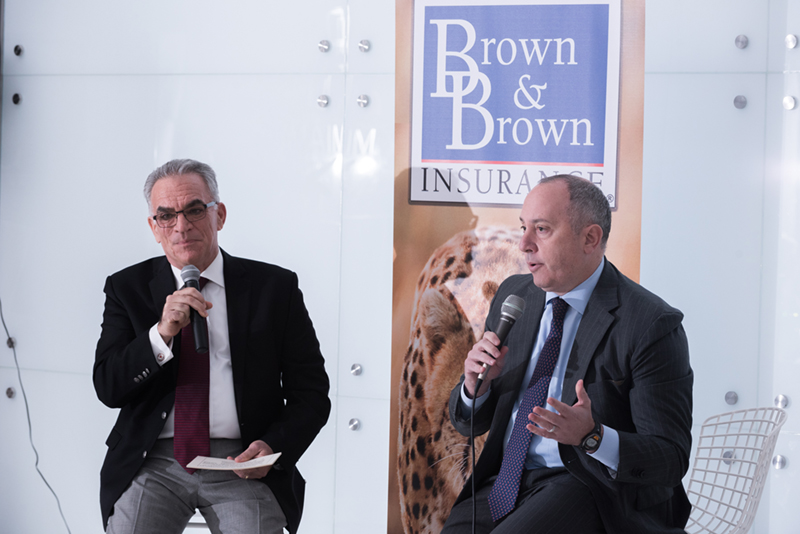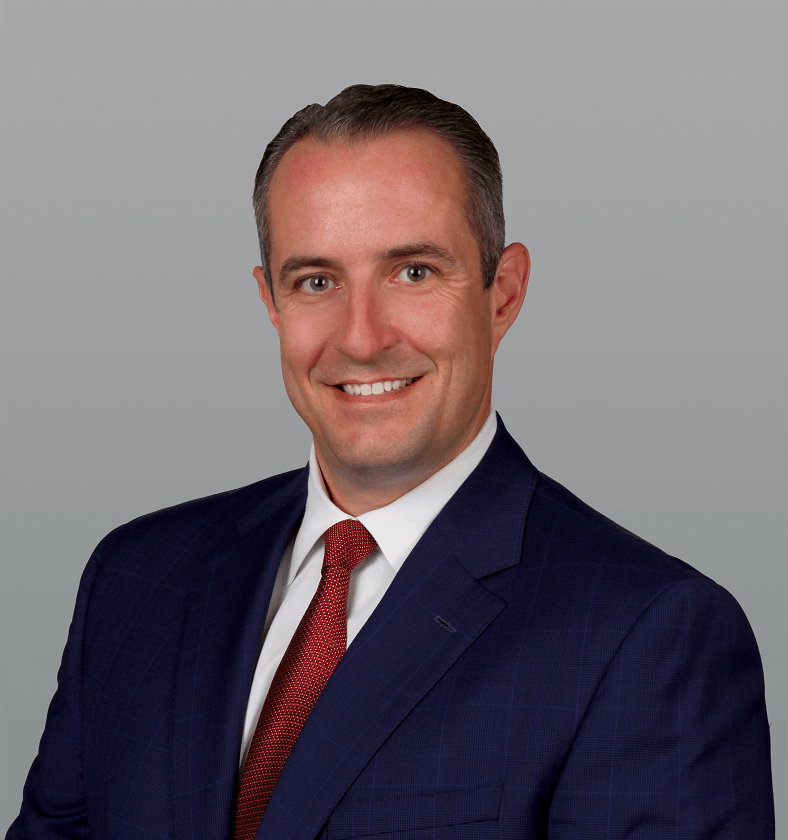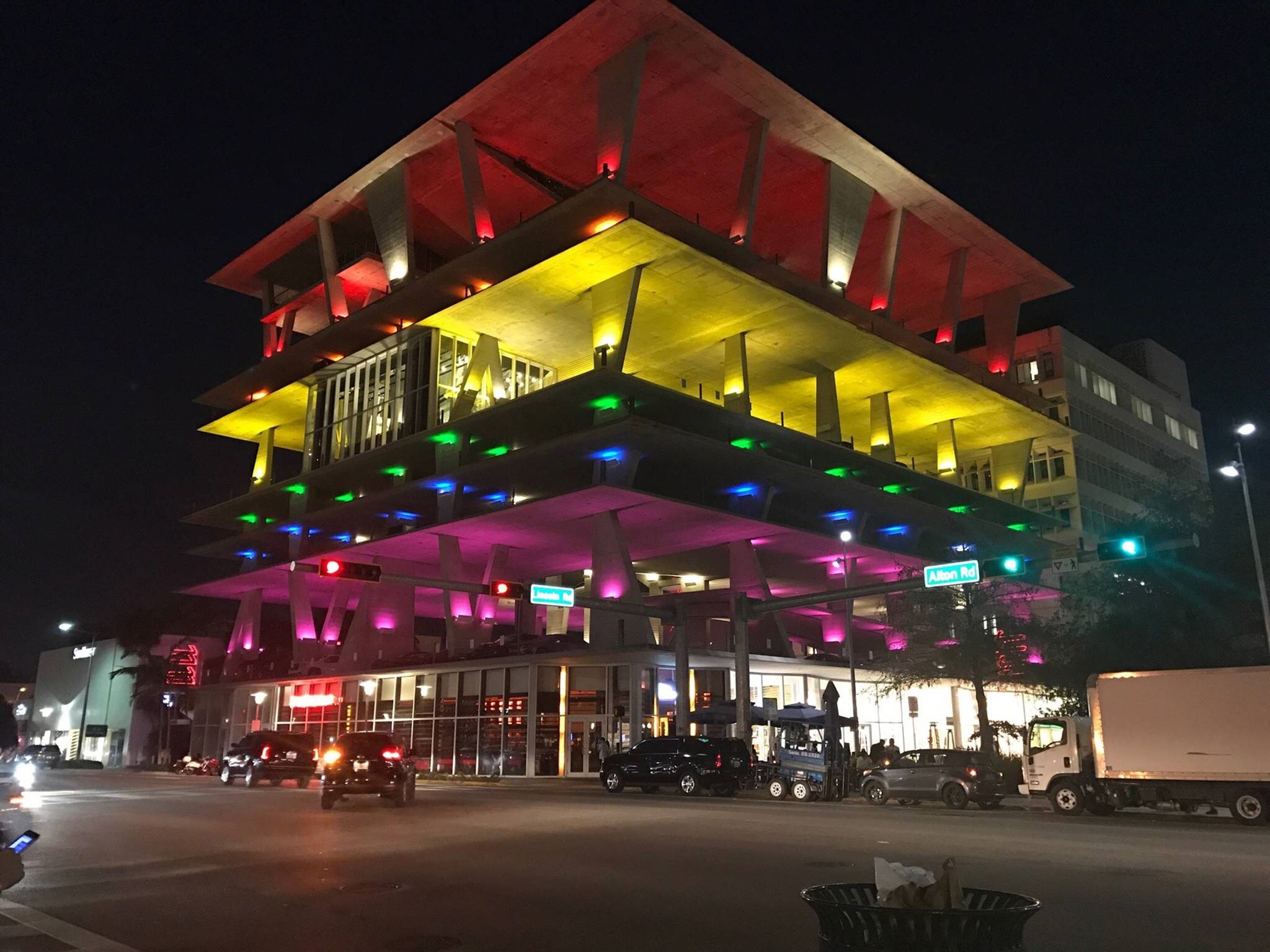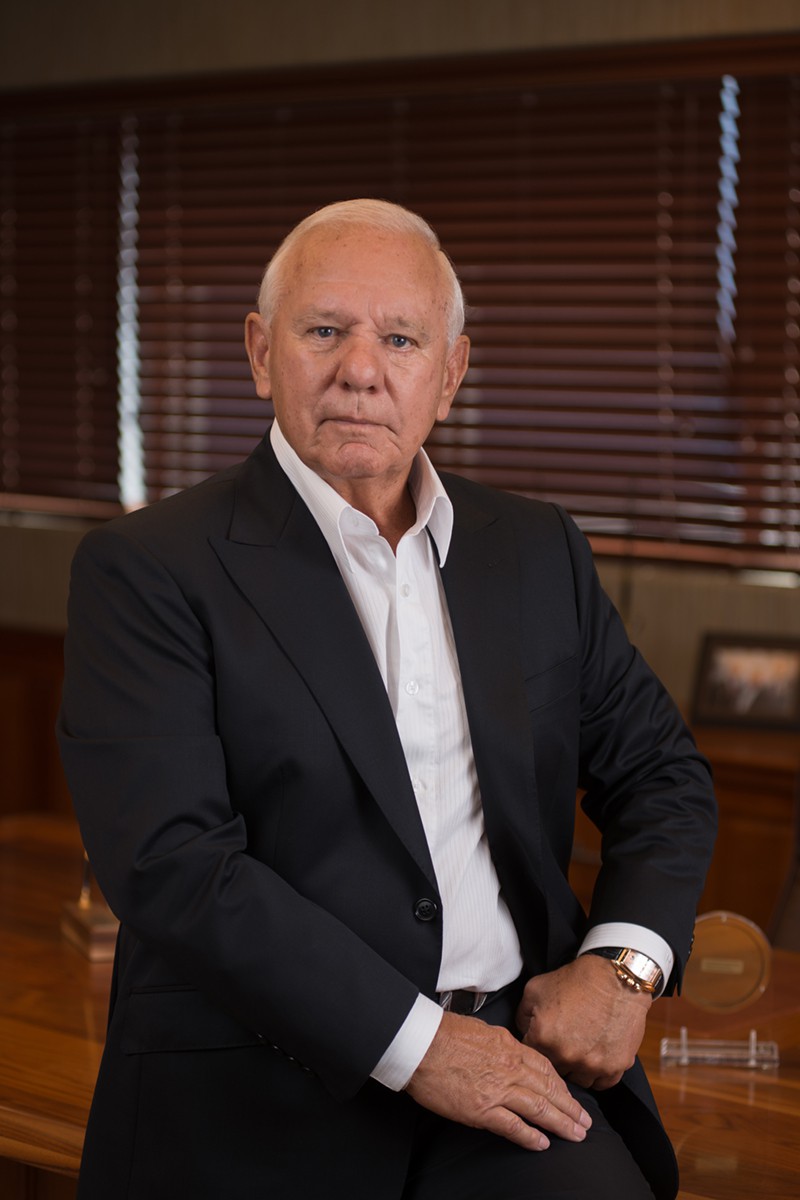Vince Signorello leads Florida East Coast Industries
Editor’s Note: This is the first in a series of interviews with CEOs who have served in the military.
President and CEO Vincent Signorello oversees all operations of Florida East Coast Industries, which includes real estate company Flagler, Flagler Logistics and All Aboard Florida/Brightline, which is developing a high-speed rail service from Miami to Orlando.
Signorello joined FECI in 2009 from Fortress Investment Group, where he was a key member of the private equity team and primarily involved in managing Fortress’ investment in FECI. Previously, Signorello served in Barclays Capital’s global commercial real estate group and Lehman Brothers’ real estate investment banking and finance units.
Signorello was named 2016 Ernst and Young Entrepreneur of the Year in the real estate and construction category in the southeast region.
He earned an MBA in corporate finance from Boston University and a bachelor’s degree from Boston College.
Signorello served four years as a commissioned officer in the U.S. Army with escalating leadership roles—primarily in reconnaissance units, including cavalry scout platoon leader, cavalry troop executive officer and infantry company executive officer.
He is one of the founding members of Mission United Miami-Dade, an organization that empowers veterans and their families to lead productive lives.
This conversation was held in the sky lobby at Miami Tower. The moderator was SFBW columnist Stephen Garber, who is director of Third Level Ltd., an executive coaching and team building company.
The following has been edited for brevity and clarity.
Tell us about your journey, and how you got to this position.
After graduating college in Boston, I went into the U.S. Army. I was in ROTC while I was in college. After my four years of military service, I came back to Boston, where I was fortunate to meet my wife, and went to business school. Then I went to New York and worked for Lehman Brothers for five years and Barclays for a couple of years. I transitioned into private equity with Fortress. Fortress acquired the company I run today, in July 2007, and then a year later, I transitioned into the company.
Barclays and Lehman have a high profile, for better or worse. What was your experience like in those situations? What did you learn?
I chose financial services because I was curious about how companies were making money. Specifically, when I went to Lehman, I was a real estate investment banker, so my coverage was commercial real estate companies, mostly public companies, and helping those companies raise money in the capital markets, helping them merge with other companies and providing other types of financial advice. It served as a great basis for what I do to today, which is to commit capital across a number of our businesses.
It was a different experience than what I experienced in the military. Investment bank leadership is built around those who make the most money for the bank. Those running the groups inside the bank weren’t necessarily the best leaders of the organization, but were chosen because of their P&L. On one hand, it’s important what you make for an organization, but it made for a salty group of people who were running the organization at times.
You left Lehman Brothers well before the meltdown, but were you surprised about what happened?
I don’t know that Lehman was dramatically different than every other investment bank. It was one of the smaller investment banks, a boutique in those regards, with less of a capital cushion when it ran into trouble.
Back to the leadership commentary. A lot of the decisions made in banks are oftentimes not the best decision for the bank, but the best decision for the individuals financially. You see how investment decisions are made and where investments are placed. When you see that building up over the course of time and how self interested a lot of those decisions are, it was not a big shock to see bad decisions happen because of that, particularly during the financial crisis.

and Clayton Idle



Some people say South Floridians are in love with their cars and won’t get on mass transit. What’s your counterargument, and what were the greatest challenges you had to date?
I just look at I-95 every single day. I can’t believe that people punish themselves or their employees. Unfortunately, what most often happens is, senior executives often live close to headquarters but employees don’t live near headquarters, so it’s actually punishing the employees. If you don’t think that impacts how employees operate, we should have a side conversation.
We evaluated the number of trips among the cities, and then tried to understand the capital cost to construct a rail system, and then underwrote what the capture rate would need to be to be profitable. All the while, traffic kept getting worse and worse and worse.
The biggest concern, the one thing we couldn’t solve was the last mile. Five or six years ago, if you would have asked me when someone got to the station and their destination was not in walking distance, I would have told you that we intended to build a shuttle. Uber didn’t even exist and now it’s a verb. People think very differently about their transportation choices today.
When you first came to South Florida and started working on the project, what surprised you?
One of the things that struck me the most when I moved to South Florida—I’ve only been here going into my eighth year—was how different the counties were with Miami-Dade vs. Broward vs. Palm Beach. This really strange point of pride– which hated what county the most. I found it odd.
The more I dug into it, partly based on the assets we owned, is the reason these people are separate is they can’t get to each other. You can’t live in Fort Lauderdale and work in Miami or live in West Palm Beach and work in Broward or Miami. So, you are forced to work in these concentric circles because of failing infrastructure.
What we believe today is what our train system does is wipe that clean. That horrifies some people. There are plenty of people who live in Broward who say they don’t want to be more connected to Miami. Those days are soon over.
Ultimately, the three counties, with Central Florida, becomes a mega region where mobility allows people to live and work where you want. It allows them to recreate wherever you want. You can live in Broward and have dinner in Miami and for that not to be a big deal. You can have a drink or go to the Heat game. You can go to the Flagler Museum if you live in Miami-Dade. It changes people’s lives.
Most of the people I run into know about Brightline, but don’t know about FECI. What is your mission with the business?
Brightline didn’t exist four or five years ago. When I first came down here, people didn’t even refer to the company as Florida East Coast Industries. They called us Flagler Development. In fact, the public company was Florida East Coast Industries. It was very confusing. The first order of business was to separate the assets of the company, ultimately surrounded by the right executive teams, and create the value. We are a large commercial real estate owner and developer. We have owned a lot of commercial real estate and sold a lot, constantly recycling capital.
We are the largest industrial developer in South Florida. We have developed more warehouses here than any other company. We deliver a couple million square feet every single year.
We have a logistics business that operates in those warehouse businesses. Until recently, we had a telecommunications development business that made investments in fiber optics and cell towers across the United States, but we sold that company.
Brightline is really two companies. It’s the intersection of transportation and the commercial real estate environment around those dense transportation nodes. We capitalize them separately and they have different leadership teams, but they are very symbiotic.
What did you learn from military service, and how did it shape you as a man and a leader.
It was the best experience in my life. I was fortunate in the military to go through a lot of schooling and ended up in a very forward, aggressive type of unit mostly focused on reconnaissance missions.
The biggest lesson learned was you show up, and the 18-year-old kid who has been there 10 minutes longer than you is more valuable than you are. You have to prove yourself to the 18-year-old. Then you have the 30-something platoon sergeant or senior noncommissioned officer who is looking at you and saying, “I don’t know what this individual can add in value. I have been doing this for 15-plus years, and now I have to deal with babysitting a 21-year-old kid who just came from college.”
Figuring out, how do I add value to this thing? What do you do and how do you make a difference? It’s a pretty unique issue for a 21-year-old, where a few weeks ago you were worried about what you were going to drink tonight.
In order to gain their respect, what did you have to do?
You can’t ask any of those people to do anything that you wouldn’t do yourself. It’s not saying you will do it, but actually showing them you will do it. That is the only thing that will get people on your side. It’s truer today than when I was a 21-year-old.
If you had a 60-second infomercial that said how you lead, what would you say?
It sounds cliché, but leading by example, showing everybody every single day that you are not going to ask them to do something you wouldn’t do. I’m a big fan of how our organization, where appropriate, throws people in deep water and lets them figure it out. You don’t do it when, if they would fail, it’s fatal to the company. That’s just stupid. But there are tons of situations where you can do that. You also have a responsibility to provide air cover when they screw up, because inevitably they will. It’s that mantra and that level of risk-taking in having everyone be comfortable with that and be comfortable with immediate feedback—positive or negative. As long as you are attacking the issue and not the human being, that works very well.
What keeps you up at night?
We are launching a train service that hasn’t existed in the state of Florida since the late 1960s. The first phase of the project committed $1.3 billion in capital for rail and station infrastructure. We believe deep in our souls we understand ridership. The reality is, we will know when we flip the switch on this summer. It’s making sure we gain more confidence every single day in the ridership, so the revenue profile we committed to, relative to the capital, works well.
When do you expect to go from Miami to Orlando?
We are just completing permitting process from north of West Palm Beach. We will start that buildout, we believe, toward the end of this year. That buildout will be approximately 18 months.
What can we do in the business community, outside of using Brightline, to help?
Business leaders, the people sitting in this room who operate in all three counties, need to think about the rail line as a central part of their business. You should be planning the movement of your employees whether that be for business or personal reasons. The market has opened up now to being more efficient to operate in all three markets. I can hire better people, because I’m no longer limited to the county that I live in.
I watched President George W. Bush announce his new book. [Portraits of Courage has paintings and stories about how wounded veterans the former president knows have overcome challenges.] I want to give you this. It’s a fund-raiser for veterans.
We talked just a bit about Mission United, which is an organization that sprung to life only three years ago. It lives under the United Way family but is solely focused on changing the lives of veterans and their families and helping them reintegrate into our workforce and our world so they can live productive lives. Mission United is going to be a critical part of helping connect your businesses to the veterans’ market.
Brian Lynch is responsible for running the program. He’s a former Marine. We are seeing case upon case of where his caseworkers are helping veterans every day across a spectrum of areas where we can make an impact.
It may seem like it’s easy to reintegrate into the private sector, but, for some of the soldiers, it’s not about about physical or mental disabilities. It’s about coming from an environment where your ability to plug in and people’s willingness to take care of you 24 hours a day is stripped away the day you walk out of the military.
For a lot of soldiers, simple things like housing, food, financial assistance and moral support vanishes when you walk out of the military. Figuring out what to do next is not as easy as it sounds. That’s what the organization is geared to do, helping out. ♦
















